These are the plans that the Ministry of Health has included in the decree guiding the implementation of the revised Law on Pharmacy (just passed by the National Assembly at the end of last November).
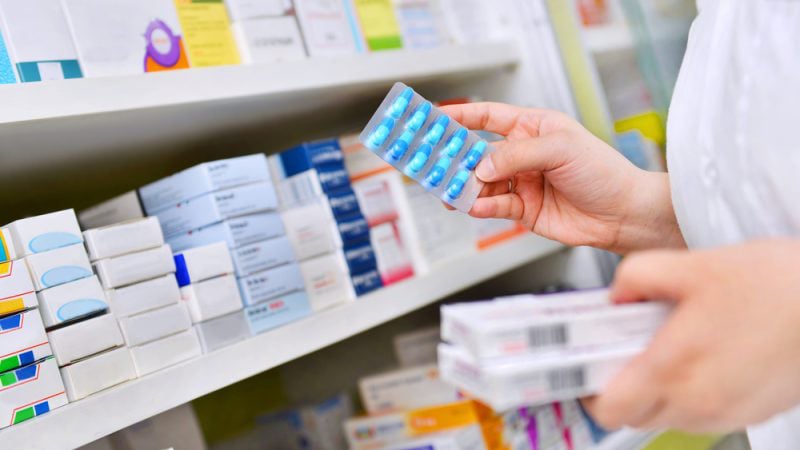
The Ministry of Health is drafting a decree guiding the implementation of the revised Law on Pharmacy - Illustrative photo
According to Mr. Chu Dang Trung - Head of Legal and Integration Department, Department of Drug Administration, representative of the editorial team of the draft decree, there are many new points included in this draft decree, this is also a decree that simultaneously amends two current documents, Decree 54 and Decree 155, guiding the 2016 Pharmacy Law.
Among the points that many people are interested in is how to buy rare drugs, drugs that few people use but are very necessary in emergency situations (such as the case of Botulinum antitoxin that costs thousands of USD/bottle or anti-snake venom serum that is in short supply and is urgently needed by patients in recent times). Mr. Trung said that the draft proposal allows rare drugs that few companies import and without which it would be dangerous to the patient's life, hospitals can register with competent businesses to buy.
These drugs can be rare drugs, anti-rejection drugs, drugs to treat group A infectious diseases, drugs to treat cancer, emerging diseases, detoxification...
Mr. Trung also proposed measures to resolve the problems that have occurred. Accordingly, the current regulations have a penalty for businesses that have 2 or more batches of imported drugs that violate level 2 or 1 batch of drugs that violate level 1 by temporarily suspending the import license, but this measure may affect cases where rare drugs or drugs that are urgently needed need to be imported.
Therefore, the new draft allows businesses that are being penalized to be exempted in certain situations, so that they can promptly import drugs for medical examination and treatment.
In addition, in the past, vaccines and drugs donated to Vietnam had to declare their prices before being distributed to users. This was to manage prices, but in reality, those drugs and vaccines were not sold, so price management was useless and time-consuming, especially in epidemic situations when drugs and vaccines were needed.
Therefore, this draft states that only "key price management" is required, meaning that free drugs, drugs/vaccines used in national health programs, and aid drugs do not have to declare prices. Only essential drug prices are managed, covering 82.5% of drugs currently on the market.
According to Mr. Do Xuan Tuyen - Deputy Minister of Health, the Law on Pharmacy has just been passed with nearly 50 amendments, including notable points aimed at developing the domestic pharmaceutical industry, reducing administrative procedures and helping people buy good medicine quickly at reasonable prices.
Mr. Tuyen also recommended that when drafting documents guiding the implementation of the revised Law on Pharmacy, we must boldly review the regulations that are issued slowly compared to the requirements of the law. "Reviewing the current regulations, there are requirements that are redundant compared to the regulations, so it is not possible to add sub-licenses" - Mr. Tuyen frankly said.
Mr. Tuyen also requested that information technology be further promoted. "Sitting at the Ministry of Health, we can immediately see how many people come to a hospital for surgery, how many people are discharged, how many people are waiting, what medicines and medical supplies are lacking, and how long it will take to wait for the hospital to report.
"Promoting information technology in management also speeds up the process of granting drug circulation certificates" - Mr. Tuyen requested.
The Vietnamese pharmaceutical market is worth about 7 billion USD/year and is growing at double digits every year. Currently, there are 238 pharmaceutical factories that meet the Good Manufacturing Practices standards as recommended by the World Health Organization (GMP-WHO), 17 factories that meet the GMP-EU standard and 4 factories that meet the GMP equivalent to the GMP-EU standard.
Currently, domestic drug production accounts for over 50% of drug prices on the market. In 2024, Vietnam will import 3.8 billion USD worth of drugs and vaccines; export 280 million USD worth of drugs/vaccines, an increase of 80 million USD over the same period, the target of 2030 is to export 2 billion USD and this seems to be an unachievable target.
The revised Law on Pharmacy will officially take effect from July 2025, but some provisions will apply from January 2025.
Source: https://tuoitre.vn/thieu-thuoc-hiem-thuoc-cap-cuu-benh-vien-co-the-tu-mua-20241217173626804.htm







![[Photo] Prime Minister Pham Minh Chinh chairs the second meeting of the Steering Committee on private economic development.](https://vphoto.vietnam.vn/thumb/1200x675/vietnam/resource/IMAGE/2025/11/01/1762006716873_dsc-9145-jpg.webp)
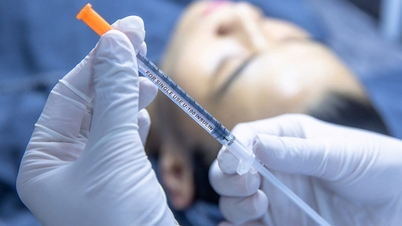

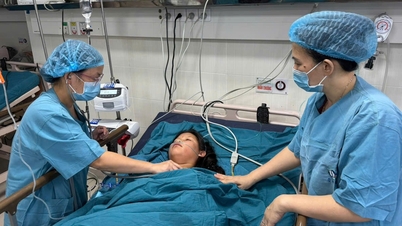


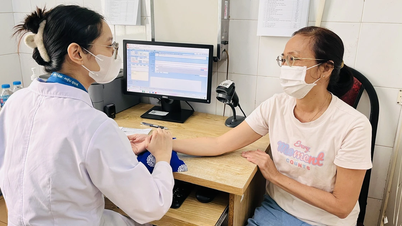


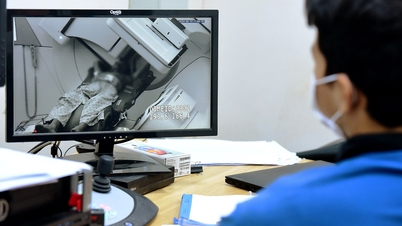


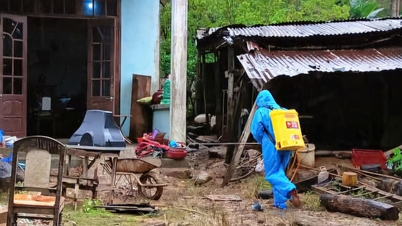
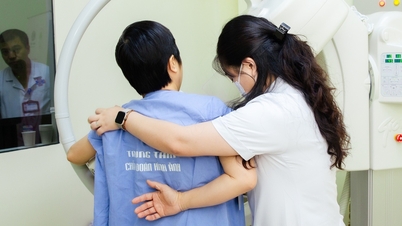
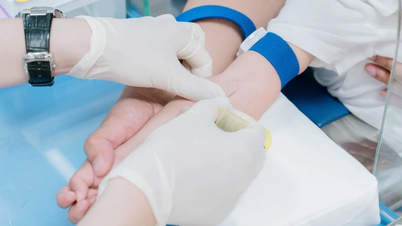





















































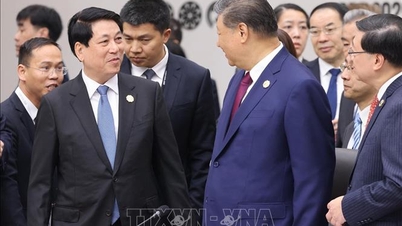

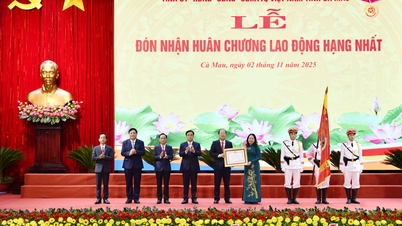









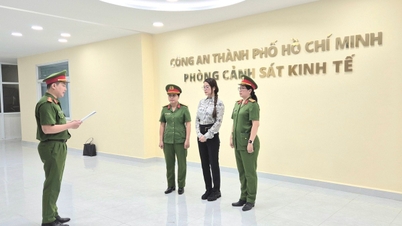

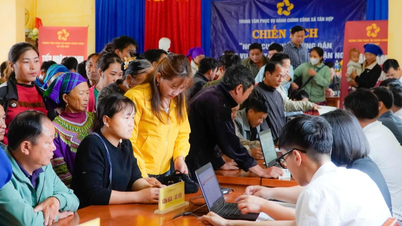

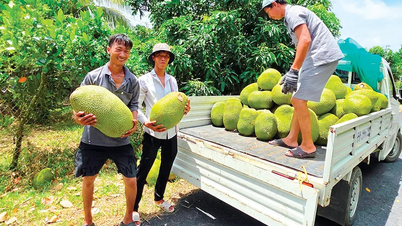
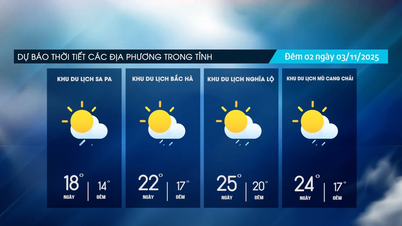
















Comment (0)